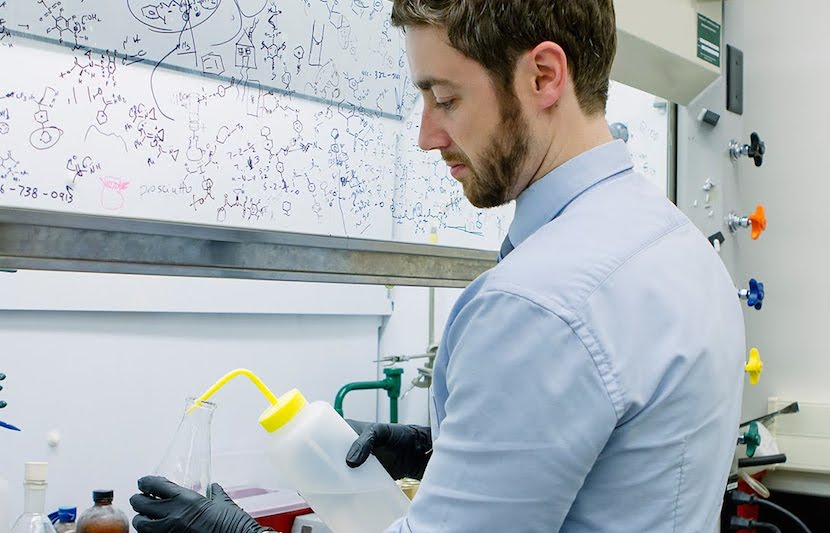There is potentially a new form of cancer treatment with minimal side effects. Dr. Patrick Gunning, an associate professor of chemistry at the University of Toronto, and his team of researchers have created a molecule that could target specific cells. This is significant because it is the opposite of chemotherapy, which is often used on cancer patients.
“Chemotherapy is just broadly cell killing toxicity,” Gunning said.
Almost every chemotherapy patient experiences nausea, vomiting, diarrhea, and fatigue. Many also suffer long-term, permanent side effects, including dental and oral health problems, vision problems, learning and memory problems, and organ damage to the heart, lung, liver, or reproductive system. This is because chemotherapy doesn’t just attack cancer cells, it also attacks healthy cells.
Gunning, who has received research funding from The Leukemia and Lymphoma Society of Canada and other cancer charities, focused his research on STAT3 and STAT5 proteins. These proteins have been shown to drive cancer development in many types of blood cancer, as well as brain and breast cancer.
“I went after STAT3 and STAT5 because they were hard targets,” explained Gunning. “They’re not a traditional drug discovery target. So I think from an academic perspective I kind of liked that because it was a challenge.”
The way this targeted therapy works is that the new molecules bind to the proteins inside the cancer cells and “switch off” the tumor-growing process. “Our goal is that these molecules will allow people to have a less aggressive cancer therapy regimes, and will prevent tumours from coming back,” Gunning told Mediaplanet. “That’s one of our main objectives—to prevent these aggressive cancers from coming back.”

Since STAT 3 and STAT 5 are found in other diseases too, this molecule has the potential of helping people with diseases such as psoriasis, Crohn’s disease, and irritable bowel syndrome. This research can lead to changes in therapy for multiple scientific fields.
Gunning and his team are now performing advanced clinical trials. While the molecule hasn’t been tested on people yet, Gunning hopes to eventually start testing on human, so they can one day provide this treatment as a less harmful solution to diseases that affect so many people.



